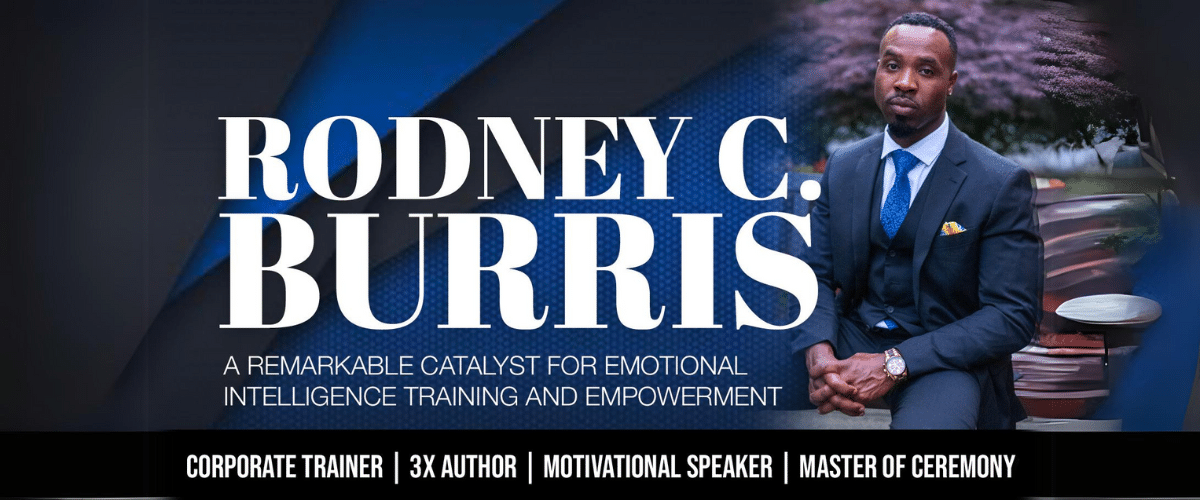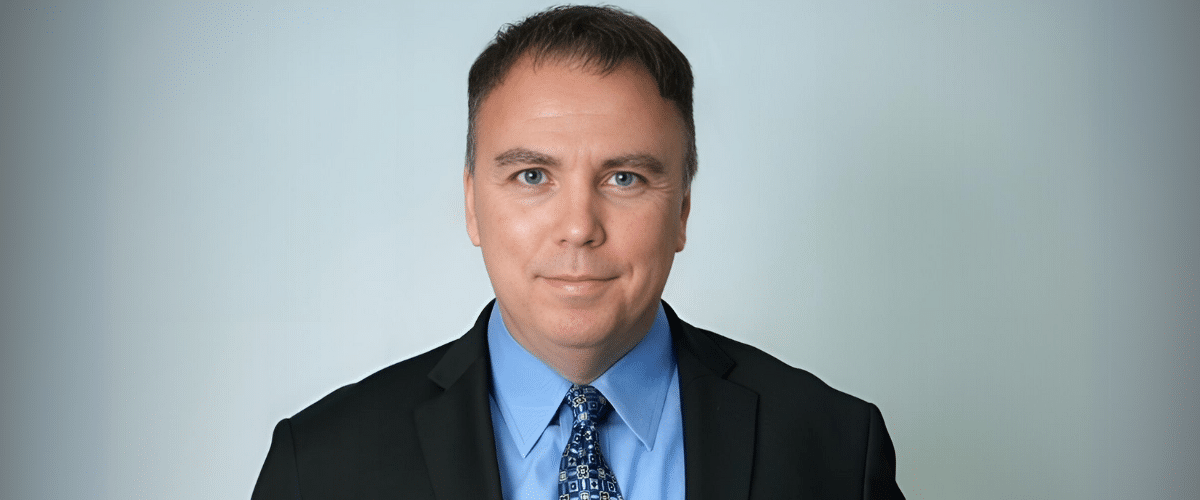Image Commercially Licensed From: Unsplash
Estate planning is critical to ensuring your assets go to those you choose rather than those the state chooses. A good plan also helps minimize taxes. However, careful planning can go by the wayside if you overlook some details, says Paul Marchese of Marchese & Maynard LLP.
Here are some common mistakes and how to avoid them.
Failure to Plan or Update the Plan
The biggest mistake is failing to develop or update a plan when circumstances change. If you haven’t made an estate plan, now is the time to start. If your plan is more than five years old or you’ve had a significant life change since you developed it, your plan needs updating.
Failure to Plan for Incapacity
People make estate plans to secure their wishes when they die but often forget that diseases and tragedies can leave them incapacitated while still alive. An estate plan should also list the people authorized to make decisions about finances and health care and include the necessary power of attorney documents, he says.
Not Discussing With Family and Friends
Most of the time, people should discuss their estate plans with family and friends. Communication is the cornerstone of any successful estate planning process, Paul Marchese emphasizes. Discussions now may lessen the possibility of a contested will later. If conversations aren’t possible or the family is particularly contentious, wills can include a clause that contesters inherit nothing, he says.
Beyond just preventing legal battles, these discussions can also serve as an opportunity to explain your decisions, thereby fostering understanding and acceptance among your loved ones.
Not Including Funeral Wishes
Planning your funeral and acquiring the plot or niche can be a blessing to the family left behind. Making decisions immediately after the death of a loved one is difficult. Paul Marchese says to include end-of-life planning documents in your estate plan.
Naming Only One Beneficiary or Decisionmaker
Sometimes people make a will and name only one beneficiary. A well-developed estate plan will also include an alternate beneficiary if the first one dies.
Likewise, an executor or other decisionmaker could die or become incapacitated. If you haven’t named a contingent, the court will appoint one.
Failing to Consider Taxes
Federal and state taxes can take a big dent out of your estate. Gifting property ahead of your death also often has tax implications. Consulting with an estate planning attorney or tax specialist can help you avoid unnecessary taxes.
Not Securing the Plan
The best plan in the world is useless if no one can find it. Sometimes people put their plans in their safety deposit boxes. However, access to these boxes sometimes becomes complicated after their death.
Paul Marchese notes three places are safe to store your will.
- Filed with the probate court if your state allows it.
- With your attorney.
- In a home safe, as long as the executors know how to access it.
Wherever you store your will, ensure your executor and alternate executor know where it is.










